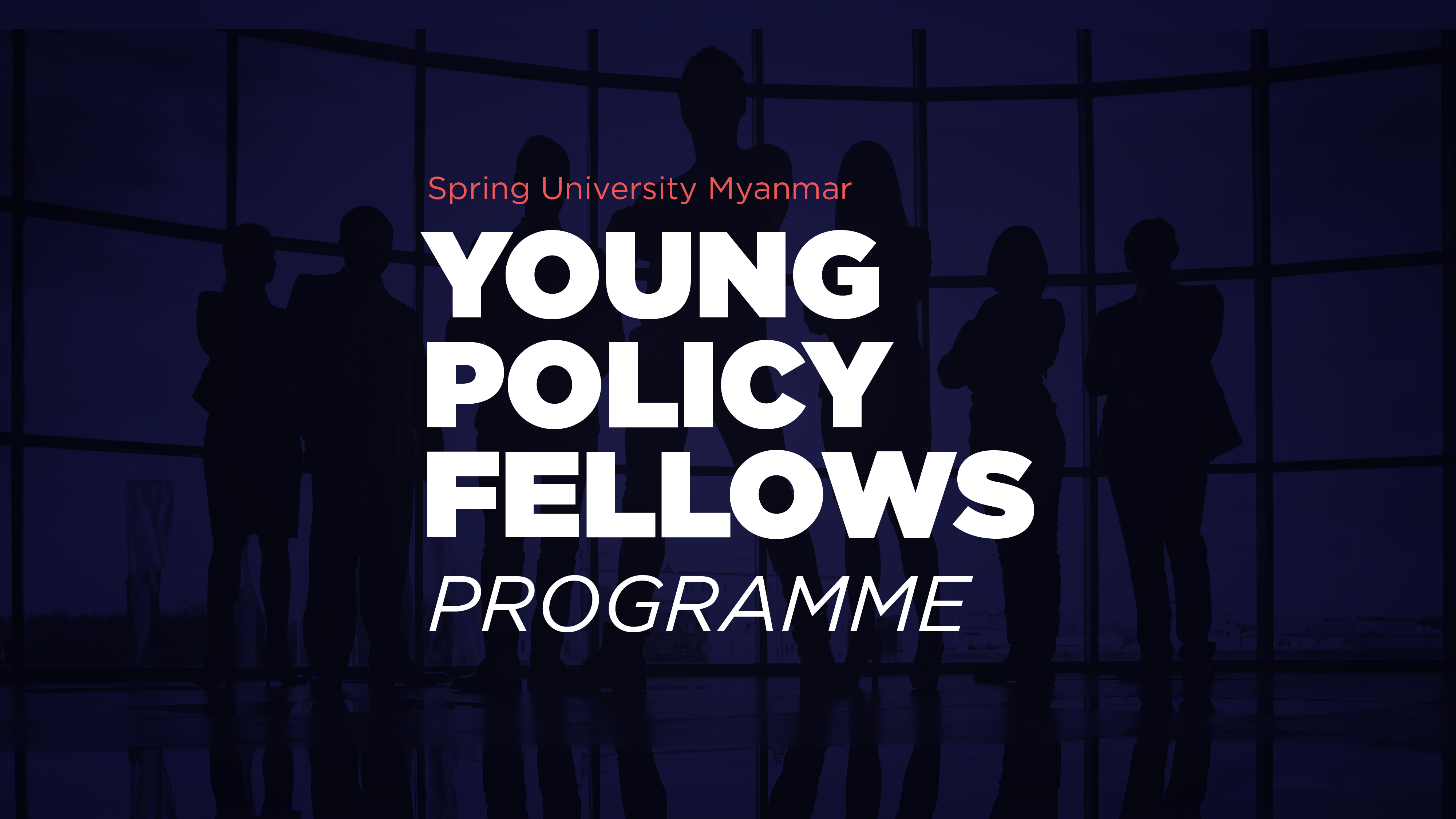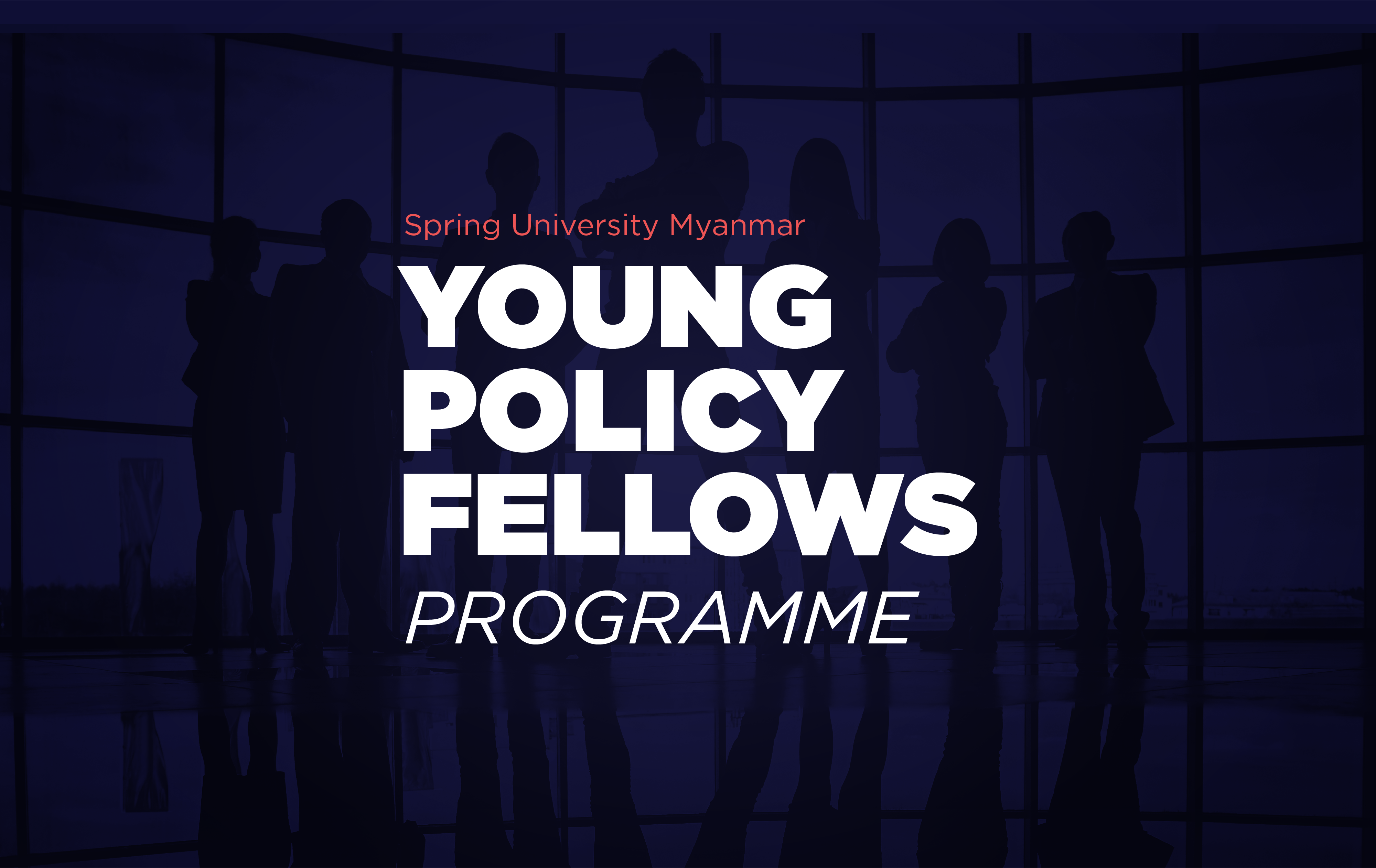
About this course
This course provides an overview of public policy and its application in the context of Myanmar. Students will explore the fundamental concepts of public policy, including the policymaking process, and policy analysis.. Emphasis will be given to the contextualization of public policy within the real-world policy making process in Myanmar. Throughout the course, students will critically analyze current policy issues and debates in Myanmar, such as economic development, and social and environmental changes.
Learning Outcomes
- On completing the course, students will be able to:
- gain an understanding into the conceptualization to practical applications of public policy
- be familiar with contextual and practical oriented approaches, especially the nature of policy making in Myanmar.
Total Modules
- Public policy concepts
- Understanding public policy making and policy change
- Understanding policy making process
- Policy Analysis, advocacy and Communication
- Public policy making, and policy change in Myanmar
- Policy seminar on Myanmar in the making
Total Exercises
11 lessons
Course duration
40 hours
Course Type
Hybrid
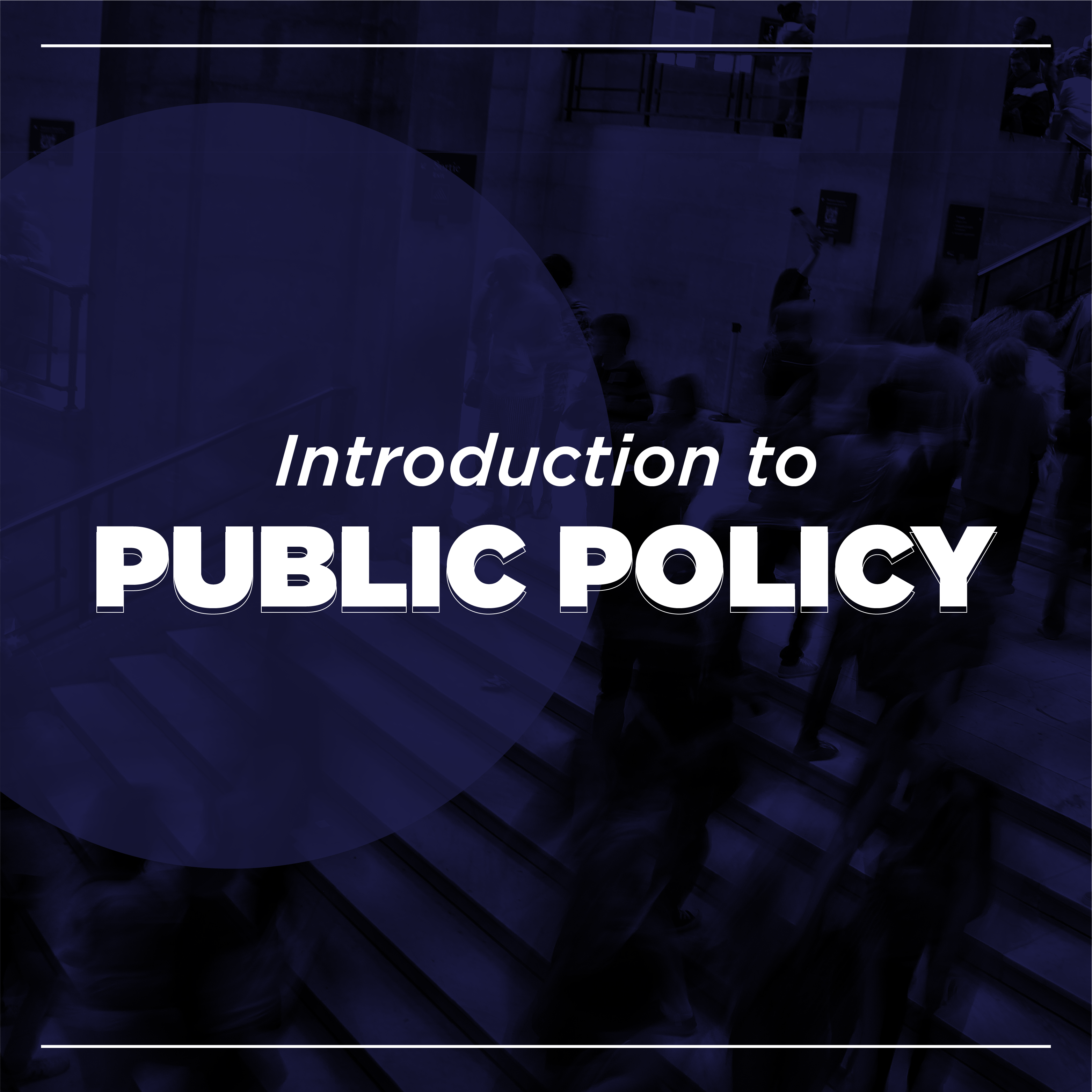
Introduction to Public Policy

- Manager, Teacher: Gemini SUM
- Teacher: Alex CMU
About this course
New and emerging researchers can enhance their skills in understanding, using and producing evidence in support of their research work. This course offers exercises in strengthening foundations for research capacity including effective communication, critical thinking and analytical skills. Research lifecycle across disciplines and research domains: the planning, the active research and dissemination & preservation. Theoretical perspectives, methodologies, and methods in conducting research. Research strategy including writing to avoid plagiarism and how to develop a postgraduate-level research project.
Learning Outcomes
- On completing the course, students will be able to:
- Understand the meaning and significance of research capacity, research ethics and researcher’s environment.
- Develop effective communication, critical thinking and analytical skills as foundation skills for higher education and advocacy. Articulate and debate the issue(s) of interest.
- Discuss theoretical perspectives, methodologies, and methods to use in conducting research and decide which techniques to use to analyze data.
Total Modules
Total Exercises
11 lessons
Course duration
40 hours
Course Type
Hybrid
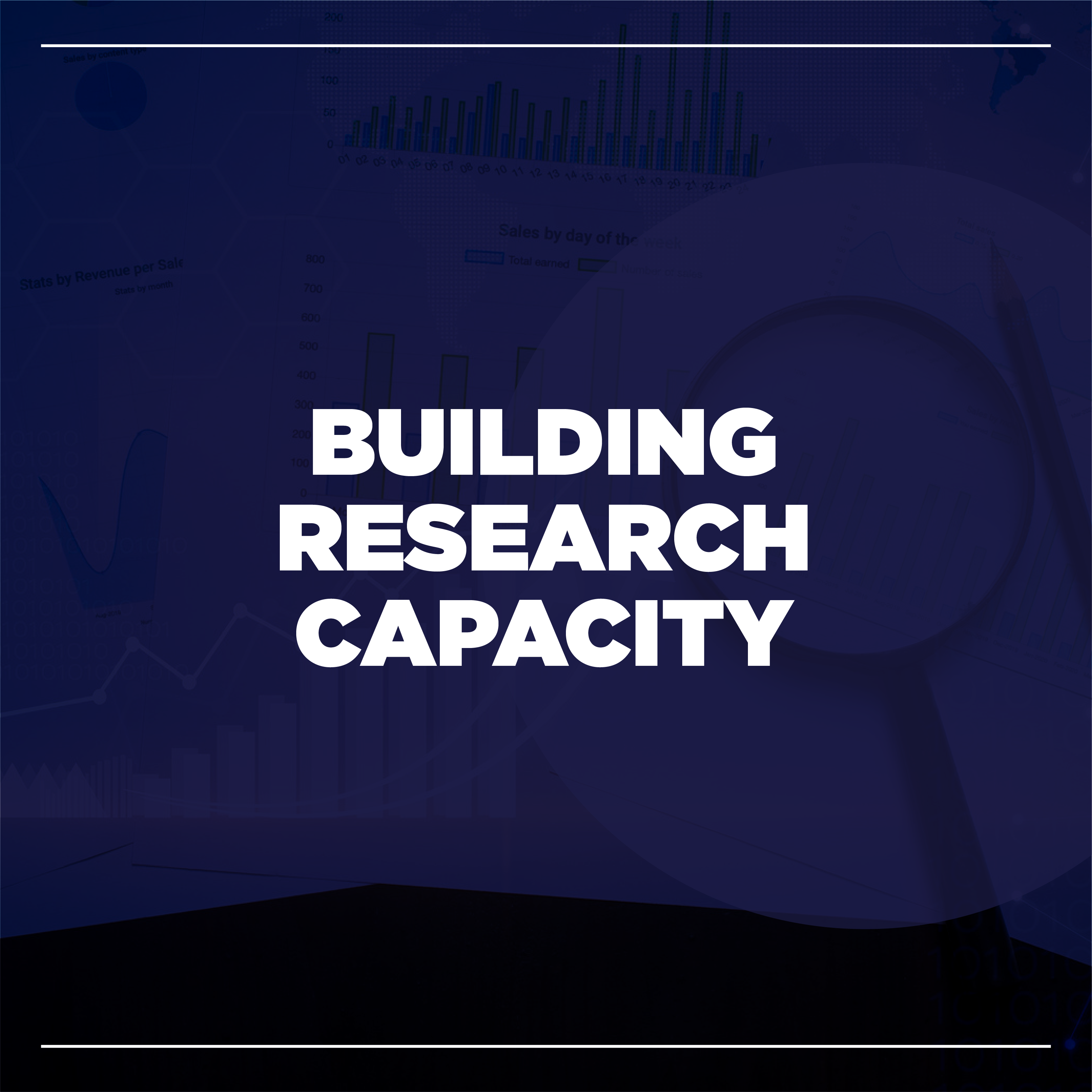
Building Research Capacity

- Teacher: Chirada Fang
- Teacher: Gemini SUM
About this course
We begin this course exploring ideas related to “my peace”. We then discuss some of the fundamental ideas of peace studies to reflect on “our peace”. Examining our intra-personal or peace is foundational to peace-building. This is because social peace is more possible when more of the individuals that make up the group have a better practice for finding their inner peace. Social peace here is understood as encompassing both inter-personal and inter-group interactions. Furthermore, when we design policies, our understanding of inner and social peace dimensions informs the why and what of policies, and how they are realized. During the four hours of contact time, we shall discuss what we need to encourage civic and civil engagement as well as the environment dimension of peace.
Learning Outcomes
- On completing the course, students will be able to:
- Articulate their hidden assumptions about human nature.
- Practice and explain skills that contribute to their personal inner peace, and non-violent engagement with inter-personal conflict.
- Explain the thread linking their intra-personal peace to constructive inter-group conflict engagement.
- Articulate foundational ideas of the field of peace studies.
- Examine how existing structures and institutions can be leveraged for their own contributions to peace-building and conflict transformation.
Total Modules
- Inner dimension of peace
- Social dimension of peace
- To build cultures of peace
Total Exercises
11 lessons
Course duration
40 hours
Course Type
Hybrid
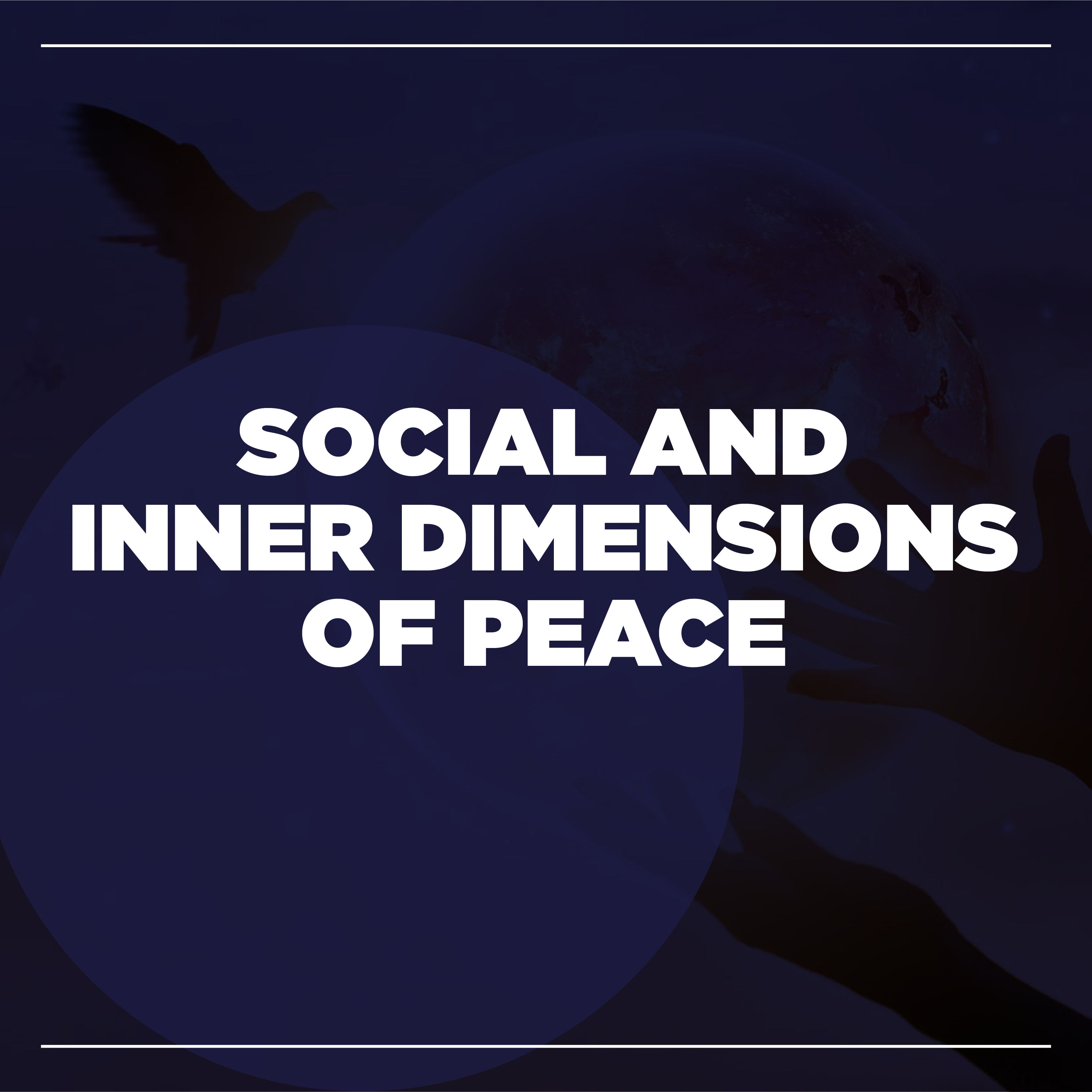
Social and Inner Dimensions of Peace

- Teacher: Qamaruzzaman A.
- Teacher: ko htet
- Teacher: Hunnit Hunnit
- Teacher: Nico Nico
- Teacher: Madam Q
About this course
In this course, we shall explore the five social and emotional competencies that we can develop for our personal flourishing and well-being. We will examine the foundational importance of the inner dimension of true peace to the other two dimensions: social and environmental. In the four hours of contact time, we shall focus on our identities and how a particular understanding of “who am I?” can contribute to non-violent engagement with identity-based conflicts.
Learning Outcomes
- On completing the course, students will be able to:
- Articulate the five social and emotional competencies of the CASEL framework.
- Practice the skills associated with each competency for their own thriving and flourishing.
- Explain the why and what of schooling that educates for well-being.
- Engage in social critique.
- Examine, reflect and evaluate values, attitudes and beliefs that contribute to well-being, flourishing and inner peace.
Total Modules
- Schooling is not necessarily learning
- Social and Emotional Learning
- Who am i? What am i?
Total Exercises
13 lessons
Course duration
40 hours
Course Type
Hybrid
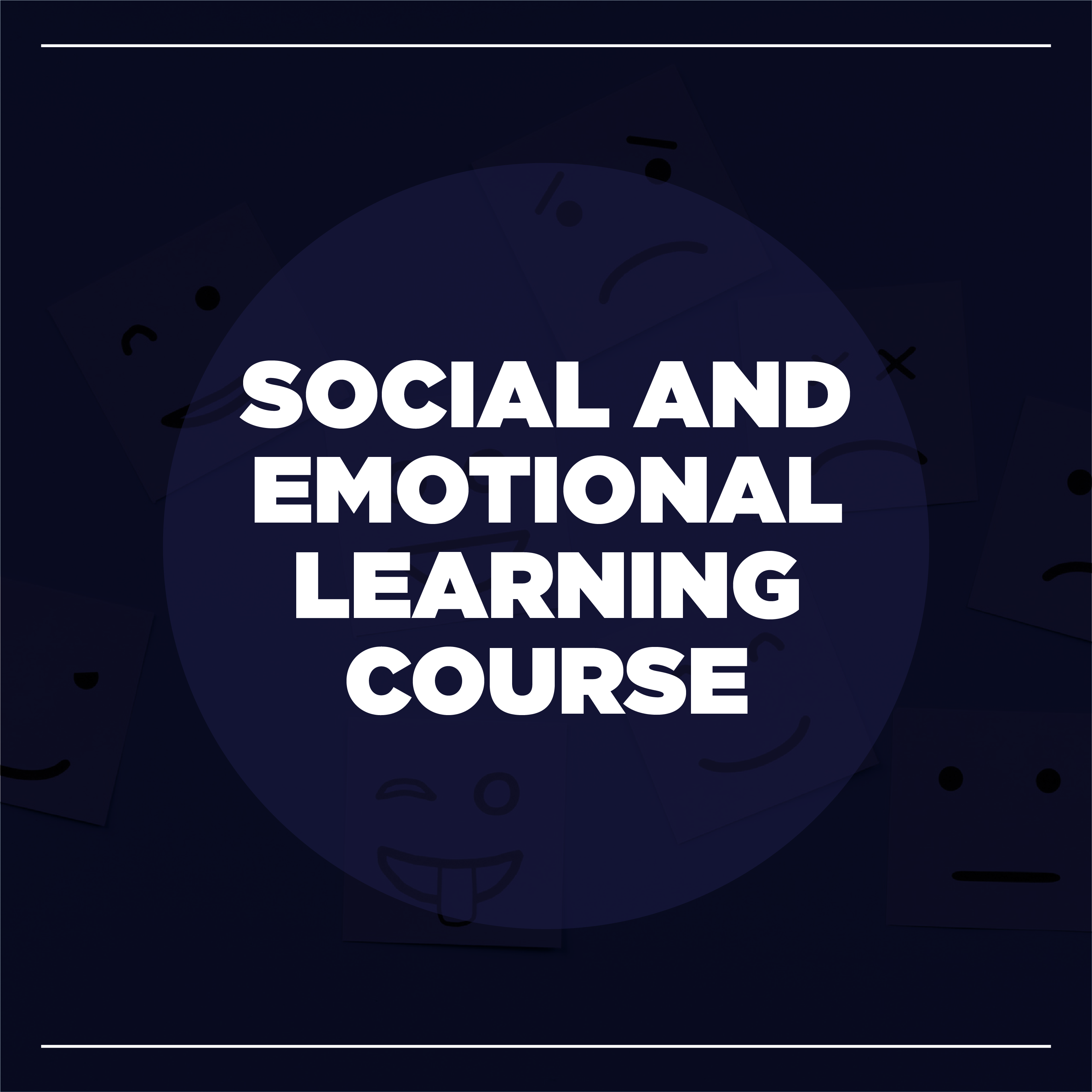
Social and Emotional Learning and Peace

- Teacher: Qamaruzzaman A.
- Teacher: ko htet
- Teacher: Hunnit Hunnit
- Teacher: Nico Nico

